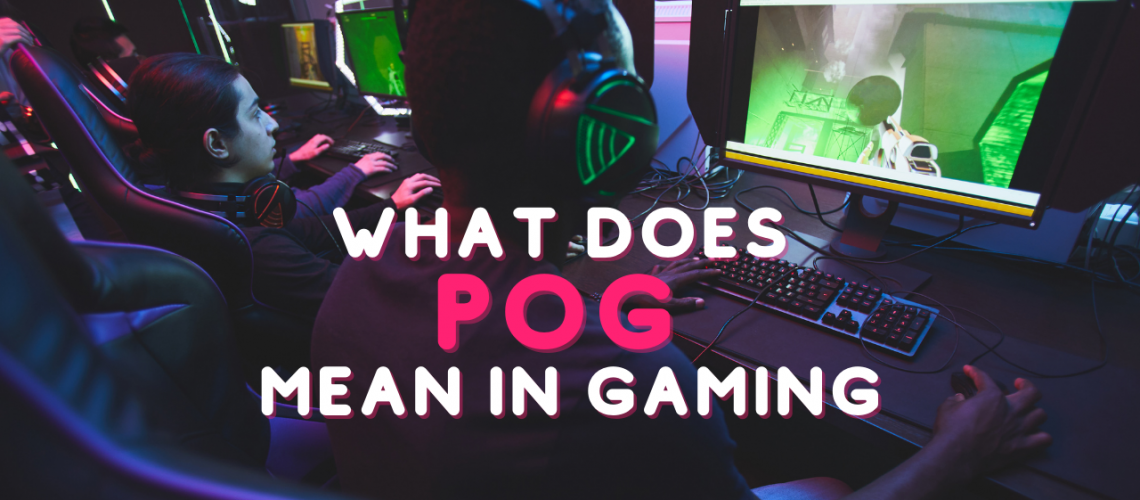For years, Twitch communities have used the terms “Pog,” “poggers,” and “PogChamp” to convey surprise, delight, or fascination whenever their favourite Twitch streamer performs something impressive? ‘Play of the game’ was the abbreviation’s original meaning, which is why it’s frequently connected with positive activity in gaming. But who knew such richness could be found in what began as a simple abbreviation? From squabbles to heated debates to death threats. Pog has proven to be a banner for people to fight.
People still type ‘PogChamp’ into the twitch chat, which used to swap out for an emoji that looked exactly like the image above – but, despite its popularity, the PogChamp emote was controversially removed from the twitch Library of emotes on January 6th, 2021. Though its meaning has not changed, it has been replaced by a rotation of emotes.
From where does POG come?
POG could be linked to the collectible cardboard pieces popular in the 1990s. In this context, POG refers to the Twitch app PogChamp, which was introduced in 2012 as a way for Twitch fans to express their excitement. The word pog champions were later re-associated with a Twitch emote featuring Gootecks’ face.
POG is the source of the phrase poggers, which gamers use to indicate something distinctive. In 2017, Twitch provided poggers an emote that included a surprise Pepe the Frog.
Who uses POG?
Before Twitch, some sports fans called the game’s highlight the POG. Streamers (those who live to stream an online game) on Twitch and TikTok use it to describe astounding feats the most. People now use it sarcastically to describe routine things because it has become so popular.
Examples of Using “Pog” in Conversations
“Pog” Usage: Some Examples
As an adjective (meaning “cool,” “awesome,” etc.):
- (In Gaming) It was pog the way you leaped over the last enemy!
- (In Gaming) Your play was pog!
As an exclamation (meaning “cool”, “neat”, “great” ):
- You get extra lives in this game! Pog!

